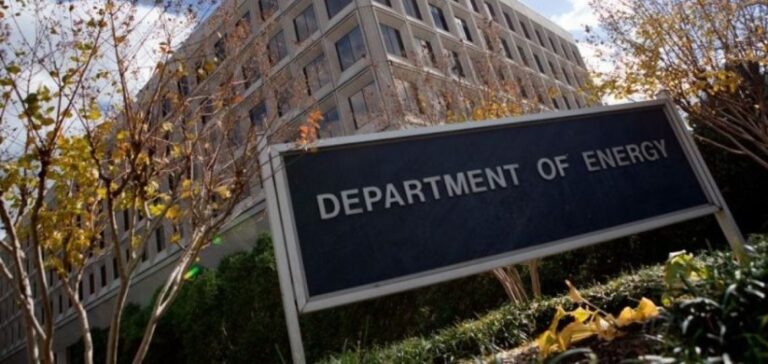The United States federal government has launched a new funding initiative to support the commercial deployment of advanced small modular nuclear reactors. The Department of Energy (DOE) has reissued a $900M call for projects to promote the deployment of Generation III+ small modular reactors (Gen III+ SMRs), responding to projected growth in national electricity demand.
The strategy is structured around two tiers. The first, known as “First Mover Team Support”, provides up to $800M to support two U.S.-based industry consortiums capable of building an initial SMR plant with a fleet deployment outlook. The second, named “Fast Follower Deployment Support”, allocates around $100M to address technical and administrative barriers, particularly in the areas of design, licensing, supply chain, and site preparation.
Deployment target by 2030
Applicants must demonstrate their ability to bring projects online by the early 2030s, relying on technologies mature enough to proceed with final design and construction phases. The funding call requires the formation of consortiums that include a U.S. electric utility, an SMR technology vendor, an engineering, procurement and construction contractor (EPC), and end-users or energy off-takers.
Selection criteria focus on economic viability, clarity of deployment timelines, the ability to contract power purchase agreements, and the strength of associated private financing. Awardees must also show tangible engagement with local communities and Tribal authorities, in accordance with regulatory and environmental obligations.
Industrial streamlining and standardisation
Through this programme, the DOE aims to establish a replicable market for nuclear technologies. Gen III+ SMRs are designed for serial deployment, supported by reduced size, modular factory construction, and compatibility with the existing U.S. nuclear infrastructure. The approach is intended to mitigate financial and operational uncertainties while boosting the domestic supply chain.
The programme aligns with recently enacted federal laws, including the 2024 Consolidated Appropriations Act and the Chips and Science Act. Funding is structured through milestone-based agreements (Other Transaction Agreements), with payments tied to the achievement of pre-negotiated project benchmarks. Each project must be co-financed by at least 50% through private or state partners.






















